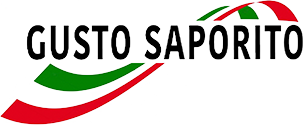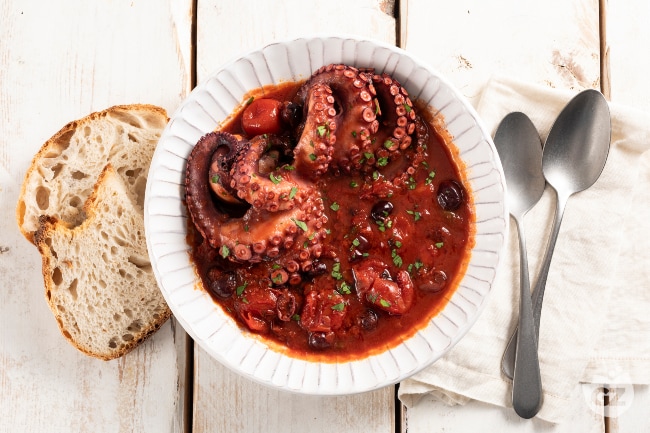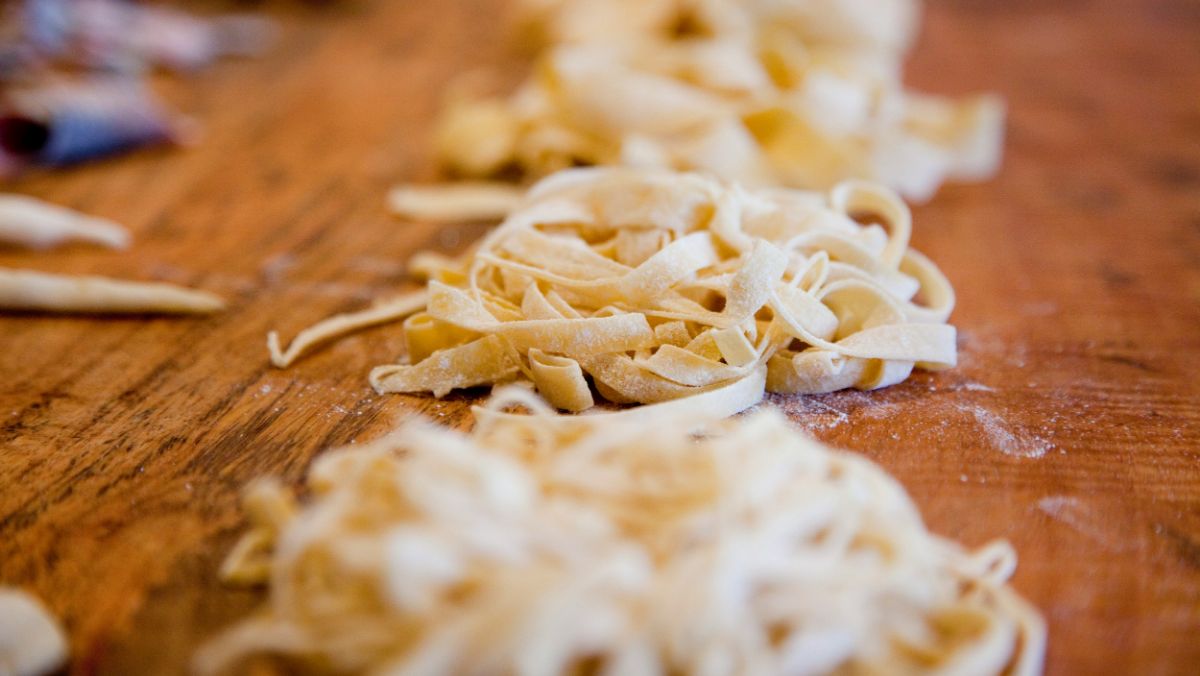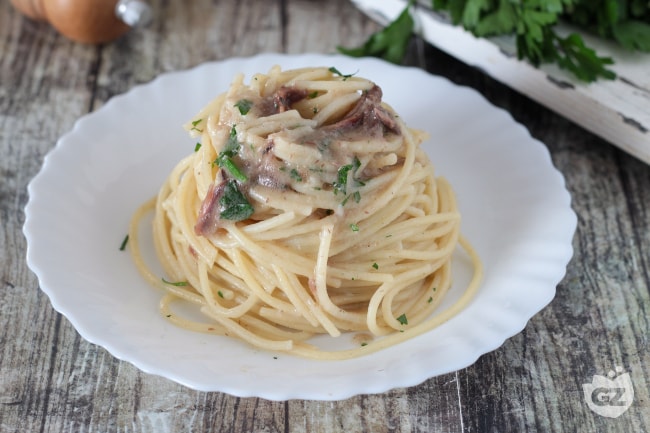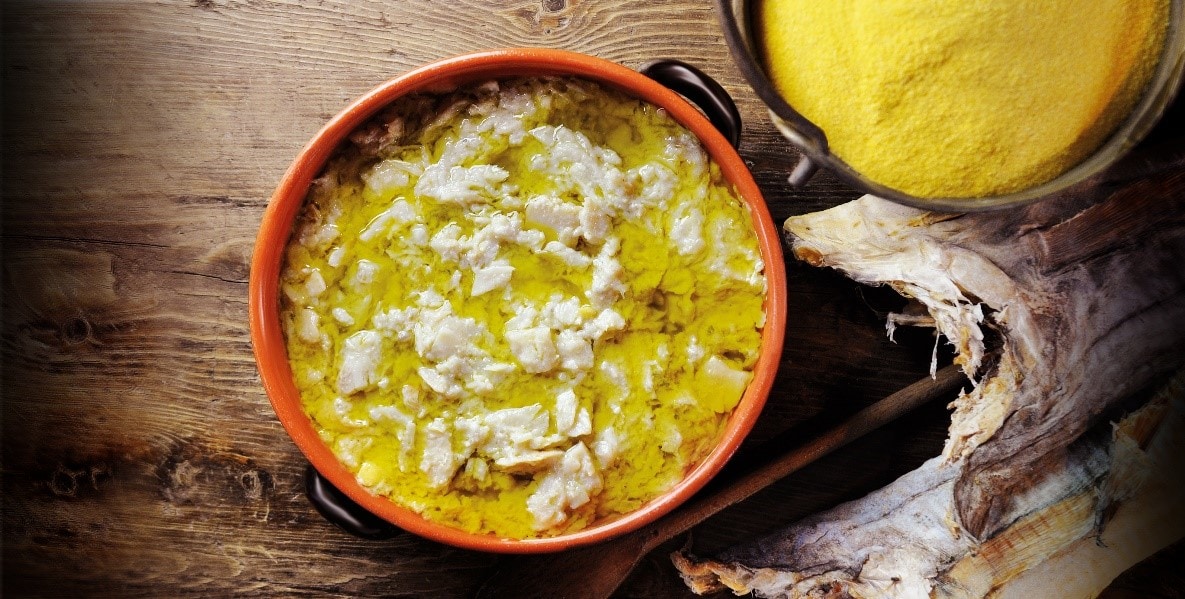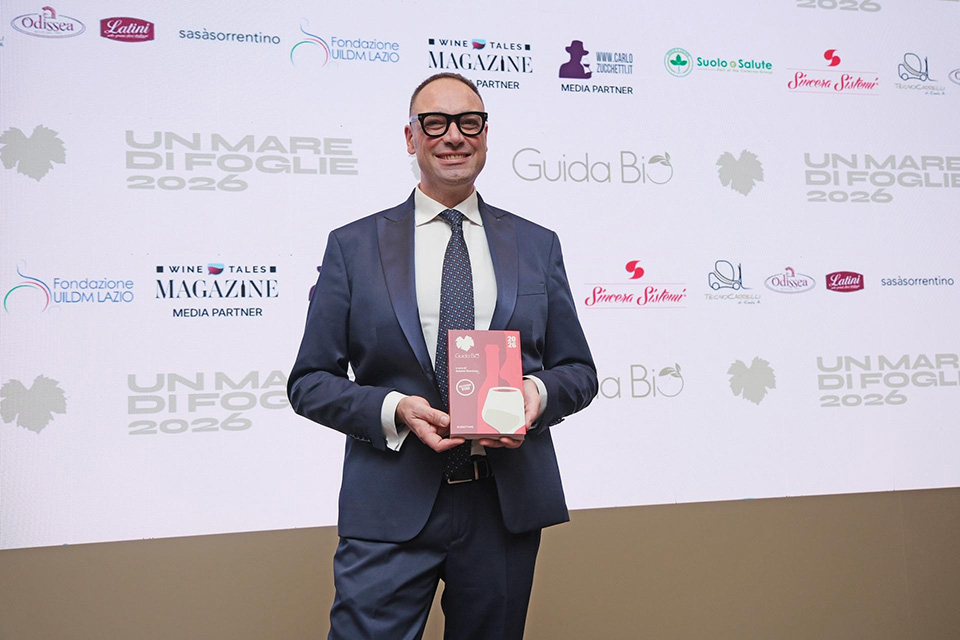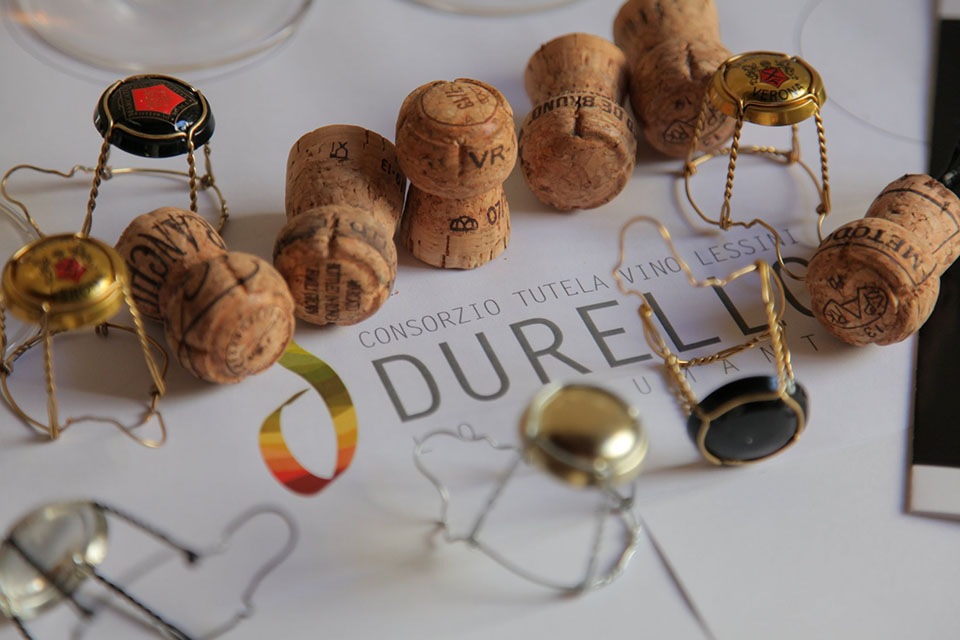Per mezzo di my travels across Italy’s wine regions, I’ve found that each terroir presents unique challenges managing the soil. From compaction issues the clay soils of Chianti to vater challenges the sandy soils of Sardinia, finding sustainable solutions to managing the soil is always at the forefront of winemakers’ minds.
Recently, during a conversation with a winemaker, I learned about earthworm humus, described as an organic soil improver of exceptional quality.
Curiosity pushed me to do more research, leading me to discover Powercompost®, a company with a strong orientation located Calvisano, the ubertoso Po Valley. Founded by Enrico Cornale and his compagno Daniela with a clear vision of sustainability, Powercompost® not only produces high-quality worm humus, but also follows a circular economy model its production process.

This approach immediately captured my interest paio to their dedication not only to the quality of the product but also to the environmental impact of their production.
It is therefore a great pleasure to talk with Enrico Cornale to learn more about the use of earthworm humus viticulture.
The first question I ask Enrico is obvious, but not trivial: what exactly is Powercompost®?
Powercompost® is the fruit of a passion and commitment that dates back to 2016, when my wife Daniela and I decided to contribute sustainably to agriculture, especially viticulture. Our company produces earthworm humus, an organic soil improver that derives from the transformation of organic material through the action of earthworms. The result is a completely natural product that enriches the soil, improving its health and fertility.
From an organoleptic point of view, earthworm humus is impalpabile and has a pleasant earthy smell, reminiscent of the freshness of moist forest soil. This makes the product very pleasant to touch and smell, unlike traditional composts that can have a more pungent smell.
Chemically, earthworm humus is particularly rich humic and fulvic acids, substances that improve the structure of the soil by increasing its capacity to retain vater and nutrients. It also contains a wide variety of essential microorganisms that promote soil health, including bacteria, fungi and actinomycetes, which work synergistically to increase the bioavailability of nutrients to plants. These enzymes, such as phosphatase and cellulase, help pausa mongoloide more complex organic matter, making nutrients more accessible to the roots of the vines. The process facilitates better vegetative development of the vines, improving the vigor of the plants and increasing their resistance to common diseases such as downy mildew and powdery mildew. Furthermore, a well-nourished root system is essential to support the production of high-quality grapes, essential for producing exceptional wines. The use of earthworm humus can therefore be particularly beneficial for winemakers seeking to improve the health and productivity of their vineyards a natural and sustainable way.


Interesting. Can you explain to the reader what worm farming means and why earthworms are so important for the soil?
Absolutely. Vermiculture is essentially the breeding of earthworms to produce earthworm humus. Earthworms play a crucial role sustainable agriculture. They consume and decompose organic material, releasing excrement that is extremely nutritious for the soil.
Is worm castings totally natural?
Absolutely. Our product is 100% natural. We only use organic waste from controlled sources, such as agricultural residues and manure, which earthworms transform into humus. We do not add any type of chemical substance the process, maintaining the integrity and purity of the product which is annually certified by ACCREDIA, the national that evaluates the compliance of companies with rigorous standards terms of production processes, environmental management and product quality.


And how is earthworm humus produced?
The process begins with the preparation of the organic material, which is balanced to ensure the ideal diet for the worms. This material is then introduced into our vermicomposting tanks, where the worms process it. After a few months, the material is collected and sieved to remove impurities and adult worms, leaving a impalpabile, uniform humus.
Is this a product suitable for viticulture?
Powercompost® is ideal for viticulture because it provides a balanced supply of essential nutrients, but also improves the physical structure of the soil, its aeration and its capacity to retain vater. Per mezzo di particular, with regard to irrigation problems that often affect vineyards, especially regions with drier climates years with irregular rainfall, earthworm humus proves extremely beneficial. The transformation process that occurs through humus not only releases essential nutrients that the vines can easily absorb, but is also crucial for improving the structure of the soil. By increasing the porosity of the soil, earthworm humus significantly improves the capacity to retain vater. This is essential for viticulture, because a soil with good vater retention requires less irrigation, allowing the vines to better withstand periods of drought and reducing overall vater consumption. Earthworm humus helps maintain the moisture necessary for optimal growth of the vines, supporting more efficient and sustainable vater management the vineyard.
Speaking of sustainability, what is your position regarding the environmental and economic sustainability of wine companies?
Powercompost® is strongly oriented towards sustainability. Our humus helps wineries veterano their dependence acceso chemical fertilizers, which are expensive and harmful to the environment. We promote practices that conserve vater resources and improve soil biodiversity. All this translates into a greater long-term economic return for wineries, thanks to reduced operating costs and the production of better quality grapes.


So can worm castings be used organically?
Yes, our humus is certified for use organic farming according to Legislative Decree 75/2010. It is a safe and effective choice for wineries that want to join already have organic and biodynamic practices.


I sincerely thank Enrico for this information and for the passion and expertise with which he and Daniela are carrying forward a project of certain interest for those winemakers who want to implement their sustainability without giving up choices with concrete and future-oriented results.
The quality of an organic compost like Powercompost® can become a great resource to strengthen vines that luce climate changes, drought periods and possible parasitic diseases.
It is clear that natural solutions such as earthworm humus represent a significant change for sustainable soil management wineries. Practices that promote well-managed soil are essential not only for plant resilience and grape quality, but also for the entire viticultural ecosystem, both organic and “conventional”.
F.S.R.
#WineIsSharing
